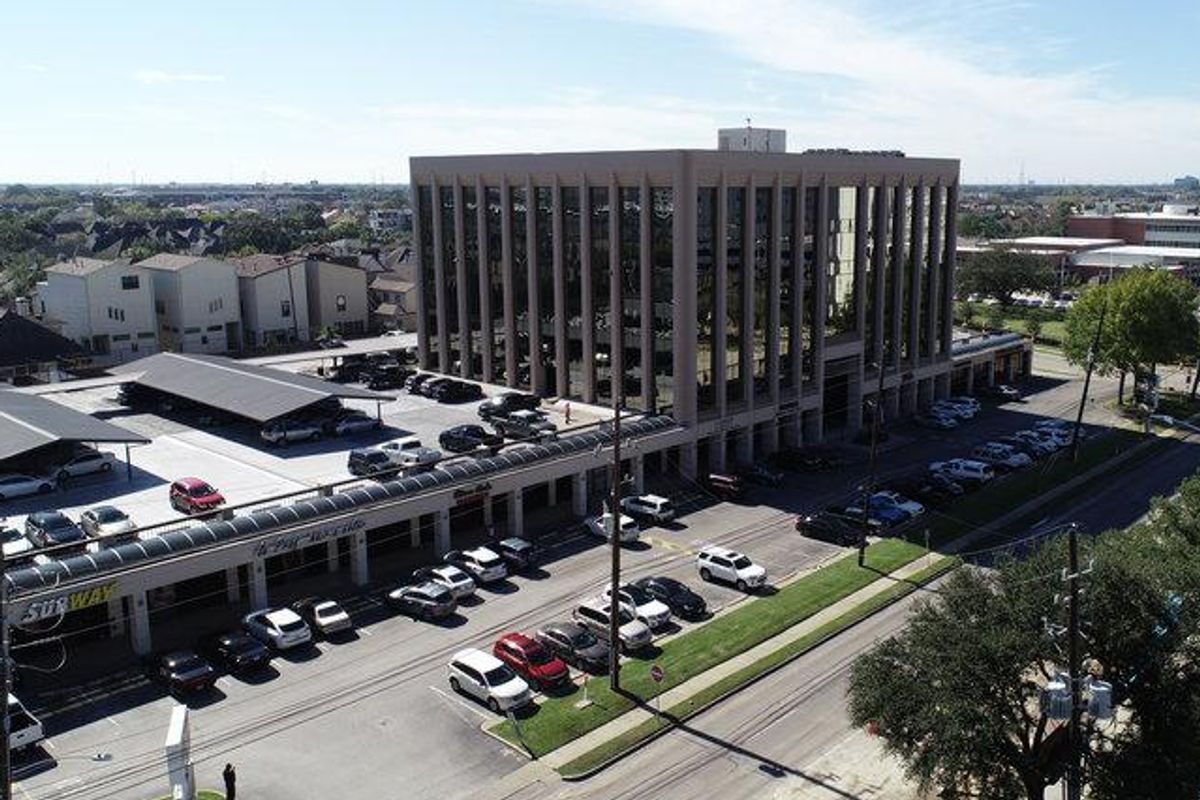Houston’s love for live streaming is growing – and the internet needs to keep up
Tech-Heavy Households
One thing Houston isn’t slowing down on is its love for live streaming. Whether catching the big game, binge-watching a new series, or diving into the latest gaming releases, Houstonians are using the internet more than ever. And with nearly 4 million more people expected to move to the area by 2040, networks have to be ready.
More devices, more streaming, more demand
“Internet usage has been skyrocketing year after year," sts Foti Kallergis, Comcast Texas spokesperson. "The average Xfinity household now has 36 WiFi-connected devices, from smart TVs and phones to tablets, speakers, and even smart fridges."
More than 70 percent of all internet traffic is entertainment, with sports, streaming apps, and games leading the charge — especially here in Houston, where fans never miss a Texans game or a Rockets highlight.
In fact, the past year set records for Comcast’s Xfinity network, with the five biggest days of internet consumption ever happening just in the last few months of 2024, driven by huge sports events and gaming downloads.
A network built for what’s next
As more people move in and more devices come online, Xfinity is constantly upgrading its network to keep up — and stay ahead. Whether you’re working on your laptop, FaceTiming on your iPad, or scrolling on your phone, at home or on the go, the goal is simple: fast, reliable, and seamless connection.
Over the last decade, Comcast has poured $80 billion into strengthening its network and infrastructure across the country. That includes 300,000 miles of fiber — enough to circle the globe 12 times — supporting everything from everyday streaming to powering FEMA and the Department of Defense. And here in the greater Houston area, that same network supports thousands of small businesses, too.
Speed, security, and smarts built in
“It’s not just about staying connected — it’s about staying connected smarter,” adds Kallergis. “Comcast’s network is constantly working behind the scenes to make your experience better. In fact, Comcast rolled out over 350,000 upgrades last year alone, including faster speeds at no extra cost.”

And every 20 minutes, it tests over 4,000 data points across tens of millions of devices to keep things optimized.
Kallergis adds that if there's extra bandwidth, Xfinity modems automatically adjust. If there's a network issue, AI-powered tools fix 60 percent of cases before users even know something’s wrong. And if a fiber line is cut, Xfinity technicians are alerted instantly and know exactly where to go and what to do.
Powerful tools for your home
Great internet also depends on what’s inside your home. That’s why Comcast is rolling out the new XB10 modem — the fastest and most powerful yet. It can handle up to 300 devices at once (because let’s be real, we’re all tech-heavy households now).
And when it comes to security, Xfinity’s network has your back. Every device that connects is automatically shielded from sketchy sites; it's like having a mini cybersecurity team 24/7.
Looking ahead
At the end of the day, Houston’s internet needs are only going to grow. And Comcast is ready.
Whether you’re streaming the playoffs, jumping on a work call, or video chatting with family across the country, Xfinity is here to keep you connected to the moments that matter most.

 53 West has been undergoing renovations recently. Photo via braunenterprises.com
53 West has been undergoing renovations recently. Photo via braunenterprises.com





 Apple doubles down on Houston with new production facility, training centerPhoto courtesy Apple.
Apple doubles down on Houston with new production facility, training centerPhoto courtesy Apple.

